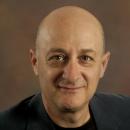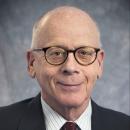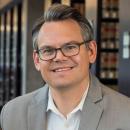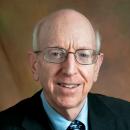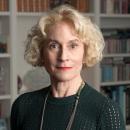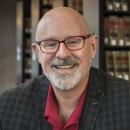Partnerships and Learning at the Mothership of Law and Economics
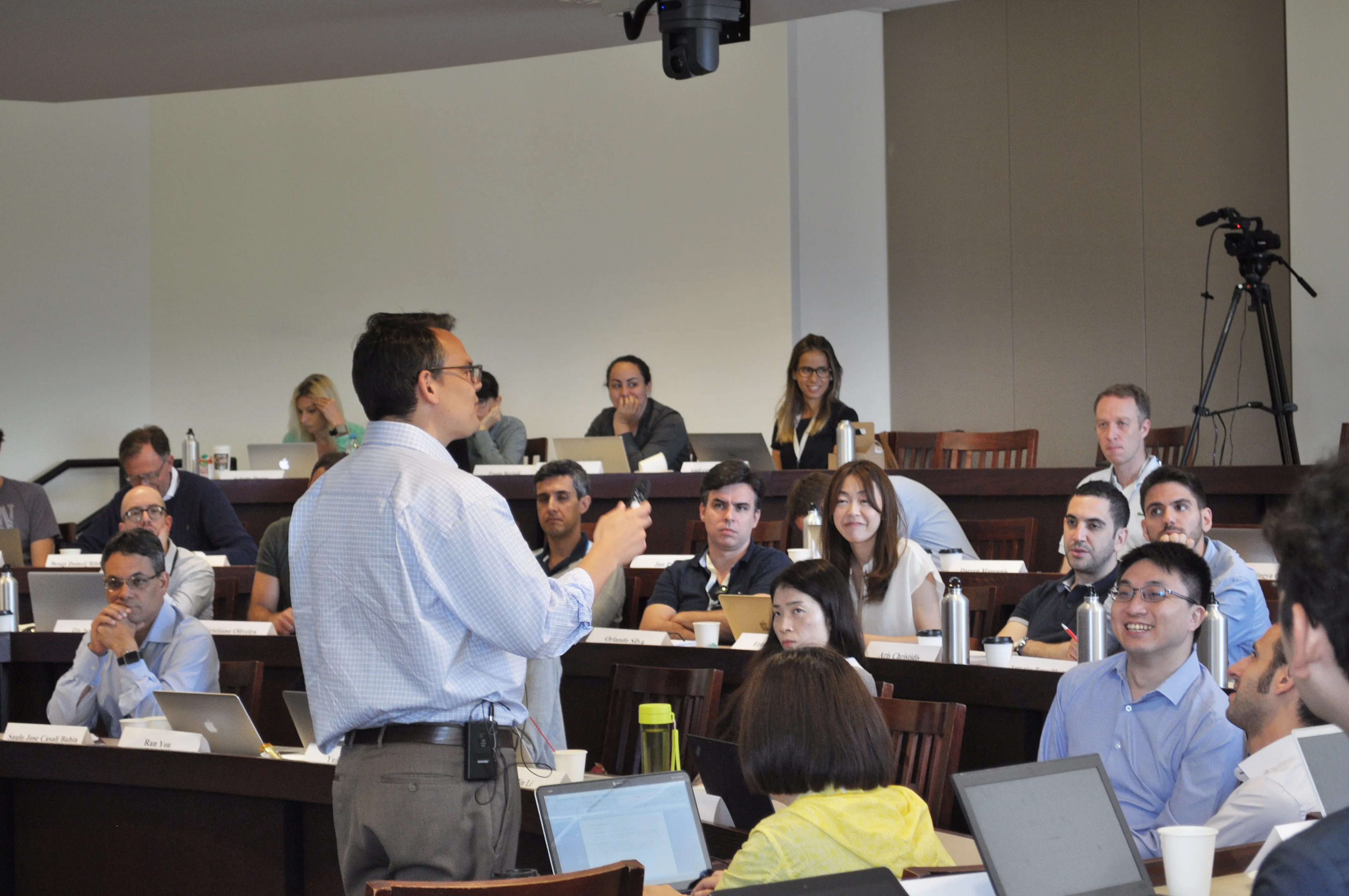
The Law School’s successful Summer Institute in Law and Economics, which has spurred a growing number of conferences, scholarly collaborations, and academic programs around the world, attracted the most globally diverse class in its six-year history earlier this month. The intensive two-week program drew 67 participants from 23 countries, many of whom engaged so vigorously that their debates spilled not just into the hallways—as they often do during the Summer Institute—but out into the community, where the visiting scholars debated open markets for hours at Starbucks, speculated on data models that might apply in everyday life, and compared notes on methodological approaches over dinner.
“It was inspiring and incentivizing,” said Mateusz Grochowski, an assistant professor in the Institute of Legal Studies of the Polish Academy of Sciences in Warsaw. “We are a broad and diverse group of scholars from all over the world, and we were able to discuss our academic experiences, the methodologies we brought from our home countries, and the ways we resolve particular issues. I think some of the relationships I have made here will last a long time.”
These global connections have been a key part of the mission since Omri Ben-Shahar, the Leo and Eileen Herzel Professor of Law and Kearney Director of the Coase-Sandor Institute for Law and Economics, launched the Summer Institute in 2012 in an effort to share the Law School’s signature interdisciplinary field with the world. It’s a mission that has been steadily borne out as the program’s reach has expanded. Since its inception, Coase-Sandor’s Summer Institute has trained more than 400 top international scholars from 37 countries, sparking a global conversation about the economic analysis of law and its applications.
“Many of our participants are established academics in their countries, sensing an opportunity to retool and to bring some Chicago ideas to their communities,” Ben-Shahar said. “It is remarkable how much time and energy my colleagues on the faculty have agreed to invest in this project.”
In March, Florence G’Sell, a French scholar who had attended the Summer Institute in 2015, teamed up with Ben-Shahar to host a “Law and Big Data” conference at the 17th-century Palais du Luxembourg in Paris, home of the French Senate. In December, an Icelandic government investment corporation CEO who attended the Summer Institute in 2015 and 2017 launched his country’s first law and economics association. In addition, past participants have published papers on law and economics both in the U.S. and abroad, invited other participants and Law School faculty to speak at academic conferences in their home countries, and developed law-and-economics workshops and courses, all drawing on the knowledge and connections they nurtured in Chicago.
Eriko Taoka, an associate professor of law at Kokushikan University in Japan, said the 2017 Summer Institute had offered valuable instruction in law and economics that she will apply to her own research on contracting practices in Singapore. Taoka is examining how international sales law impacts the way people do business, and applies empirical analysis to advance her work. In Japan, however, legal scholars tend to be highly specialized, and they prefer doctrinal work—and the Summer Institute’s offered her new interdisciplinary ways to approach her research.
“Once you specialize in one field, it becomes harder to understand what is going on in other areas,” she said. “Here I’ve been learning other fields, and I have seen that (interdisciplinarity) is not just about acquiring new knowledge—a lot of what you learn from other areas can be applied to one’s own field.”
Professor Adam Chilton, for example, had offered ideas on international public law and human rights law that she found applicable to her own research. “It’s one of the great things about coming here,” she said. “It’s a shift in a way of thinking.”
That shift also appealed to Grochowski, who has expanded beyond doctrinal research—which is still the predominant approach in Europe, too—to embrace empirical work. But he sought to move beyond the fundamentals of law and economics to better understand the latest developments, he said.
“The Summer Institute opens some new windows and new doors in how we think about economic analysis,” Grochowski said. “The lectures of Omri Ben-Shahar, for instance, included not just how the classical doctrines applied to private law but (introduced us to) the new questions, too. And this was true for the other lectures as well. It’s a unique chance to learn from the top scholars in law and economics and look at the new research frontiers.”
In its first year, the Summer Institute drew 78 scholars, all from China. And although Chinese scholars still account for a large fraction of participants, global diversity has steadily grown. Over the past five years, scholars from six continents have attended the intensive program, and new countries are added nearly every year. This summer, scholars attended for the first time from Belgium, Ecuador, Greece, Poland, Portugal, Sweden, and Syria.
Tarek Teras, a Syrian scholar and a doctoral candidate at Aix Marseille University in France who has been using economic analysis to compare the enforcement of European and American antitrust laws, said robust debate with scholars from around the world was among the many highlights of the conference.
“The scholars are very well selected, and they have such rich backgrounds,” Teras said. “Just this weekend, I was with some of the Latin American scholars, and we were discussing open markets … for two or three hours in Starbucks. It was a very interesting discussion to hear different points of view.”
Ann-Sophie Vandenberghe, a Belgian scholar and an associate professor at the renowned Erasmus School of Law in Rotterdam, particularly loved hearing Senior Lecturer Richard Posner, a judge on the Seventh Circuit Court of Appeals and the author of Economic Analysis of Law, a red hardcover volume first published in 1973 and now in its ninth edition.
“It was wonderful to hear from a founding father of what I do in my professional life—the author of the ‘red bible,’” said Vandenberghe, who has devoted two decades to studying law and economics and teaches a class called Concepts and Methods in Law and Economics. “This is the mothership of law and economics—it is where you come to see the frontier and to see what’s new on the research and teaching agenda so you can implement it at home. Coming here is coming to the core, to the source of law and economics.”
